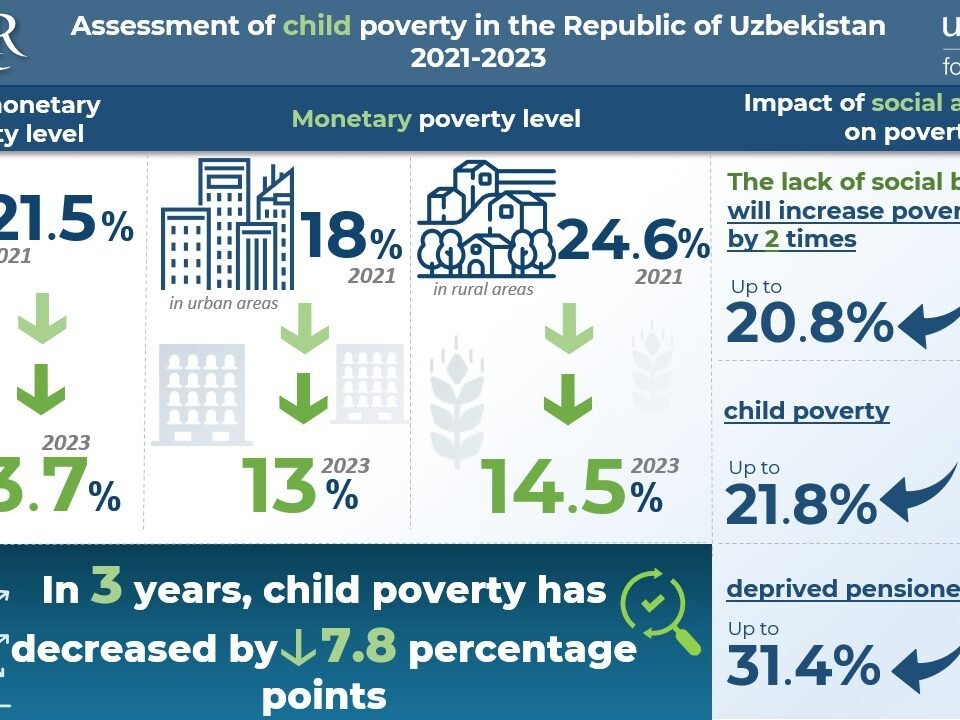In the next five years, Uzbekistan will allocate more than 1 trillion soums to improve the sanitary and ecological condition in cities and districts, radically improve and develop the waste management system.
Today, the republic still faces some unaddressed problems with organization of solid domestic waste disposal, as well as further development of private entrepreneurship in this area.
For example, the existing landfills do not fully comply with sanitary rules, norms and hygienic standards. Natural dumps still arise in some places, worsening the sanitary and epidemiological situation of the adjacent territories, and creating prerequisites for the emergence and spread of infectious diseases.
The problem poses the need for an accurate and effective system of collecting, recycling and processing of solid domestic waste, which will be created through the implementation of a new program of measures. It is planned to purchase 237 items of specialized vehicles, build 94 garages, and install 168 sifting devices for solid municipal waste in the framework of equipping specialized sanitation organizations in cities and districts in 2017 alone.
In addition, the government intends to implement several large investment projects in Tashkent, Samarkand, Andijan and Namangan over the next five years to develop a system of collecting, transporting, recycling and processing waste with the support of $161 million of international financial institutions.
The head of state has also approved a targeted program on the development of 168 solid waste landfills by building 114,000 linear meters of fences, 152 sanitary units, 158 household rooms, 163 car washes, 269 kilometers of power lines, 166 wells for technical water supply, and asphalting 240 kilometers of access roads.
Modern enterprises on processing of domestic waste will be built in all regional centers in the next two years to be a core of the system. More than $27 million will be allocated for these purposes. Within five years, a total of one trillion soums will be invested in the implementation of the entire complex of measures.
According to experts, the implementation of all projects will increase the coverage of household waste disposal services in the country from 63% in 2017 to 93% in 2021.


























